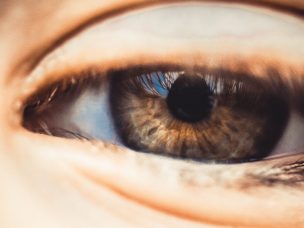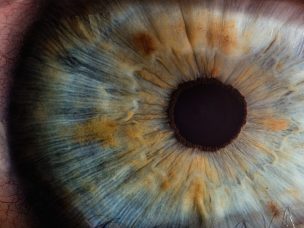Ophthalmology
Alcohol Consumption and Age-Related Macular Degeneration
Age-related macular degeneration (AMD) is the leading cause of legal blindness in elderly individuals in Western countries. In this study, researchers sought answers regarding whether or not people who consume alcohol have a higher risk of developing AMD. A prospective study was conducted of 32,764 female nurses and 29,488 male health professionals who were 50...
How Socioeconomic Status Affects Wet AMD
The incidence of wet age-related macular generation (AMD) is rising rapidly amidst an aging population. However, despite its name, age is not the only risk factor associated with wet AMD. Environmental factors such as smoking have been known to increase the risk of wet AMD. Given the correlation between smoking and low socioeconomic status, this...
Cost-Effectiveness of Ranibizumab vs. Bevacizumab for AMD
Ranibizumab and bevacizumab are two of the most popular treatments for neovascular age-related macular degeneration (wet AMD). Both treatments are efficacious, but ranibizumab is much more expensive than bevacizumab. Comparing Medicare reimbursements for the two drugs, ranibizumab is reimbursed at $2,023 per dose, while bevacizumab is reimbursed at $55 per dose. This cost can quickly...
AI Models Able to Telemedically Identify and Stratify AMD
Artificial intelligence models have the capacity to provide screening and early detection for patients with AMD, although the technology is still in development. This article summarizes findings related to the training of artificial intelligence models to stratify wet AMD and make predictions on the outcome that a given patient may face. The data used to...
Extended Wet AMD Treatment Intervals During COVID-19
During the ongoing coronavirus pandemic, some at-risk patients with wet age-related macular degeneration (AMD) have been required to extend their treatment intervals to reduce the risk of coronavirus exposure. This study involved an analysis of patients with wet AMD that underwent unplanned treatment interval extensions. The study’s goal was to understand the effects of these...
Do Minorities Have Higher Rates of Visual Impairment?
As the population ages, more and more Americans experience forms of visual impairment, such as wet age-related macular degeneration (AMD). An estimated 24.8 million people in the United States fall into this increasingly large category. As this number grows, it is becoming more important not only to improve accessibility but also to understand if racial and...
Dr. Rishi Singh: Providing Culturally Sensitive Care
In this MD Newsline exclusive interview with vitreoretinal specialist Dr. Rishi Singh, we discuss how to provide culturally sensitive care and overcome language barriers. MD Newsline: How have you been able to implement culturally sensitive care in your practice? How do you deal with language barriers so that they don’t impede your ability to deliver quality...
Dr. Rishi Singh: Wet AMD, Treatment Barriers, and COVID-19
In this MD Newsline exclusive interview with vitreoretinal specialist Dr. Rishi Singh, we discuss barriers to treatment adherence and COVID-19 as they relate to wet AMD. MD Newsline: What are the major barriers to wet AMD treatment adherence? Dr. Rishi Singh: “So this has been studied that there are a variety of different reasons for...
Dr. Rishi Singh: Risk Factors for Wet AMD
In this MD Newsline exclusive interview with vitreoretinal specialist Dr. Rishi Singh, we discuss risk factors for wet AMD. MD Newsline: Is there a genetic predisposition for wet AMD? Dr. Rishi Singh: “There is definitely a genetic predisposition. We know that there’s mutations in various complement factors and other factors within the genome that cause...
More Medical News











